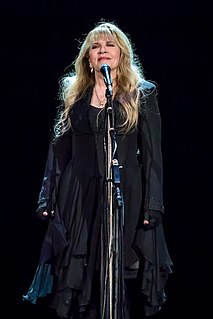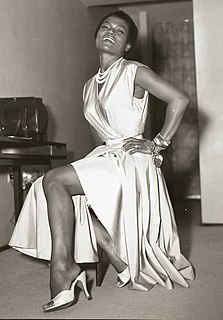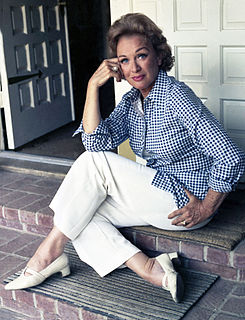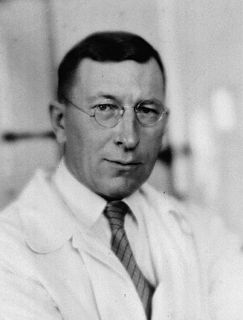A Quote by Warren MacKenzie
Alix [ MacKenzie] had stopped teaching because we had a child and she stayed home to take care of the baby, and I taught.
Related Quotes
My mom teaches sixth grade and also taught first grade at one point. She's into dressing up and costumes and designing her own curriculum that way. She stayed home for about eight years with me and my sister when we were young before going back to teaching, so we had a lot of time with her. She taught us to read really early.
It's not difficult to take care of a child; it's difficult to do anything else while taking care of a child. Trying to clean up the kitchen after you've had a baby is a nightmare because you have to wait for the baby to be asleep, you're exhausted, and you really don't want to clean up the kitchen now.
Finally if I had a pot that needed decoration, I would hand it to Alix [MacKenzie] and I would say, "Can you do something with this?" And she'd look at it for a while and then proceed with a brush to embellish the form and enhance the form, and it was wonderful. She could bring the pot to life, whereas if I did it, it was a disaster.
Every night, my girlfriend comes home from work, and she brings with her a houseplant. She's like, 'Anthony, I had to pick this up. We need a houseplant in our apartment.' And every night, I make her return it. I say, 'No way, baby. You can't take care of a houseplant. You couldn't even keep your baby alive.'
The only struggle came from me wanting more for my family and feeling like if they had one less individual to take care of - if my mom only had her and my sister and my grandmother and my aunt to take care of, couldn't she do the things she was doing for me for herself? That's the reason I took myself away from my family. I left home when I was 13 years old to assume the responsibilities of being a man.
Years ago someone wrote [about me]: 'She characterizes Molly Weasley as a mother who is only at home looking after the children.' I was deeply offended, because I until a year before that had also been such a mother who was at home all the time taking care of her child [...] What has lesser status and is more difficult than raising a child? And what is more important?
I do remember that when we left [Bernard Leach] after two and a half years, we went home on a boat again - this was before air travel became really easy - and Alix [MacKenzie] turned to me and she said, "You know, that was a great two years of training, but that's not the way we're going to run our pottery."
I followed [Shoji] Hamada, because I guess Alix [MacKenzie] and I, we both saw the danger that lay in planning things out on paper and then simply executing them. And with Hamada there was a much more direct sense that the piece had happened in the process of making on the wheel, and that was what we wanted to do with our work. We weren't always able to do it, though.
I received so many hate letters when I breast-fed a starving baby in Africa. I was in Sierra Leone in 2009 and I was weaning my child at that time - she was not there with me. There was a hungry baby who was crying because his mother had no milk, and I thought, 'Why throw away my milk if I can give it to a baby who needs it?'




























